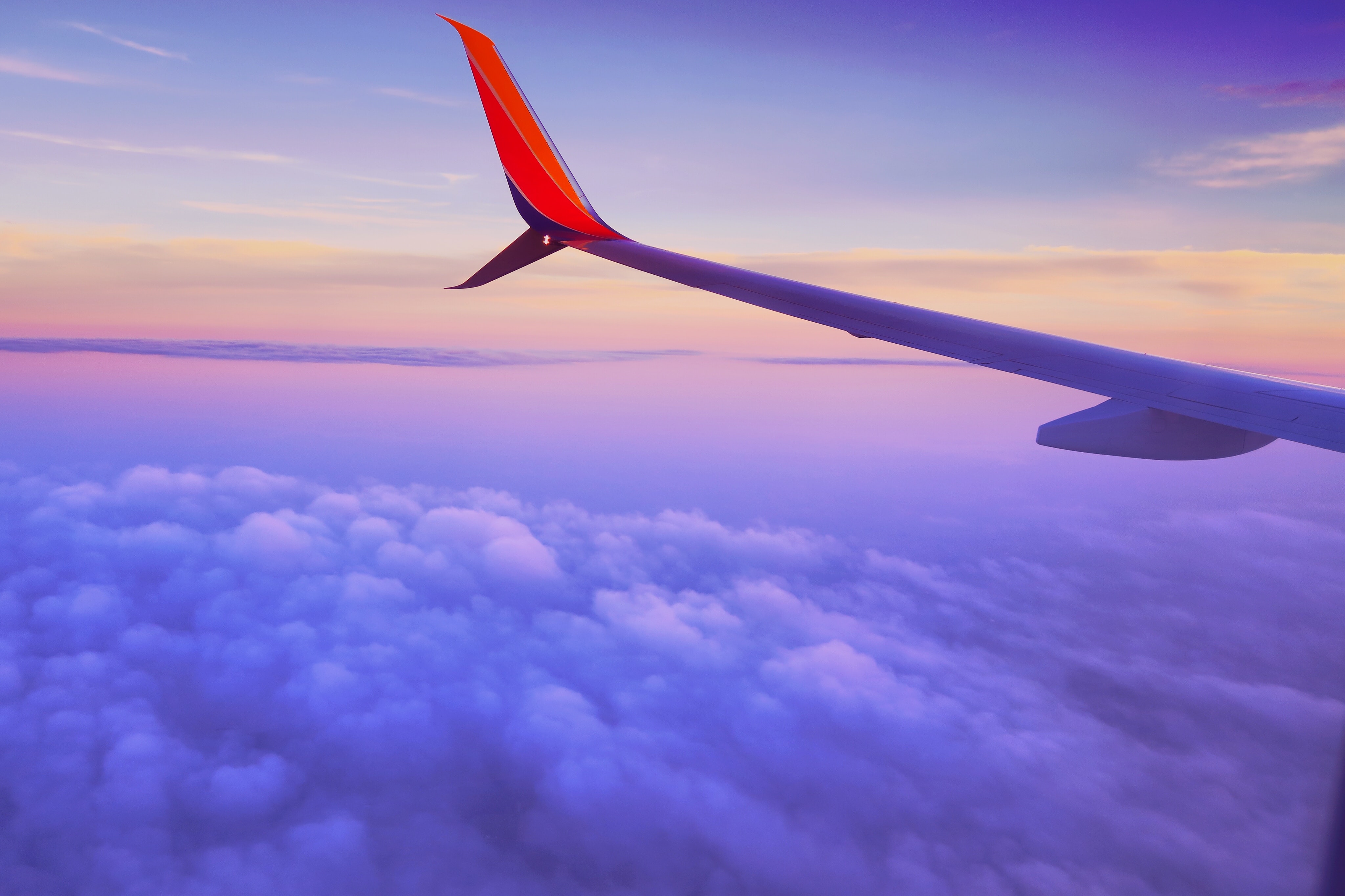Travel will return, and more of us will travel, although our airplanes might look different

There is no doubt that international travel will recover to its pre-2020 levels in the near future. After all, are you able to name even one person who no longer wishes to travel after spending months working from home, in lockdowns or ‘staying local’? While Covid-19 may change many of our habits going forwards, international travel is unlikely to be one of them.
In 2018, according to the World Tourism Organization (UNTWO) there were over 1.4bn international tourist arrivals globally – a historical record that doesn’t even include multiple trips per person (after all, once you catch the travel bug, you rarely just go on one trip a year).
While in 2019 international travel continued at a rapid pace, it unknowingly became the fastest way to spread Covid-19, a global virus that brought the travel, hospitality and aviation industries to a screeching halt on runways worldwide. However, even a global pandemic didn’t stop people from travelling. In Europe for example, people travelled closer to home, exploring domestic sights or venturing to neighbouring countries instead of the more exotic locations halfway around the world. Thailand encouraged local citizens to stay local and enjoy the country’s beauty spots without the usual crowds of backpackers. The hiring of private jets has almost doubled with Covid-19, as those who used to fly first class look for safer, albeit more expensive, ways to continue travelling. A focus on social distancing, safety and cleanliness are the main trends of travel today, but long term, the hustle and bustle of global cities are likely to continue. The only sector that is likely to suffer in the long run is business travel, as we’ve found out Zoom meetings are much more convenient and time-saving compared to overseas face-to-face meetings.
Our global need to keep moving and exploring is essential for us as a species and our economies. As Mark Twain once wrote “travel is fatal to prejudice, bigotry and narrow mindedness” and in a world of authoritarian political leaders, we need travel more than ever. The benefits of travel have even been touted as far back as Roman times. The Stoic philosopher Seneca is quoted to have said, ‘travel and change of place impart new vigour to the mind’. With his stoic focus on encouraging virtue and happiness, it is natural he would favour travel, an activity often bringing both. The globalisation era that came out of increasing ease of travel have spread companies and supply chains across the world, pushing prices of goods, food and labour down, while allowing people to spread beyond their borders, learning and working in different cultures, and creating hybrid ones too. Travel also moves money, with over $1.5 trillion being spent by international travellers in 2019 and millions of jobs being created.
In the long run, the link between growing wealth and the increased urge to travel will certainly continue, but how fast will depend on how soon Covid-19 is brought under control globally. The rapid growth of Chinese tourism in recent years has shown the importance that the middle-class place on taking a well-earned vacation. As other regions, from India to South America, grow their middle class, they too are expected to prioritise international travel. Where they wish to visit remains partly unknown, and they could bring significant shifts to the world’s most popular destinations (currently France, Spain, Italy and the USA). It is suggested that South East Asia will become increasingly popular, due to low costs, beauty hotspots and local proximity to China and India.

Other long term areas of change within the travel industry are likely to include speed and new technologies. There is a rumour that Concorde, the supersonic airliner, could make a re-appearance in the skies, as people prioritise time-saving flights over the current slower options. Startups have already sprung up developing smaller supersonic corporate jets. And space tourism with hypersonic flights are on a not too distant horizon. Railways have fallen back in fashion, with the ability to move around a country without the need to pack into an airplane. While it may not be able to compete globally, regionally, rail travel may significantly reduce short-haul flights between cities (the perfect example of this even pre-pandemic was Japan’s extensive bullet train network, making Tokyo-Osaka faster by train than by air).
And finally to our blue skies….. We can no longer point fingers at commercial jets’ environmental footprint, as their usual 2-3% of global carbon emissions reduced substantially in 2020. However, it is one of the fastest growing sources of carbon emissions, and it’s likely to continue due to lack of regulation and the likely continuing falling cost of travel. Luckily, innovation and greener technology are on their way to the aviation industry. Airbus and Boeing plan to have net-zero emission planes for short-haul trips by 2035. Hydrogen technology and biofuels are also being trialled to clean up travel, and in the next 50-100 years airplanes still running off oil will be unthinkable.
While we might have to sit tight for a short while longer, this is a good time to plan your future travels and think about how you can travel longer, further and more sustainably in the future. So where do you want to go next?